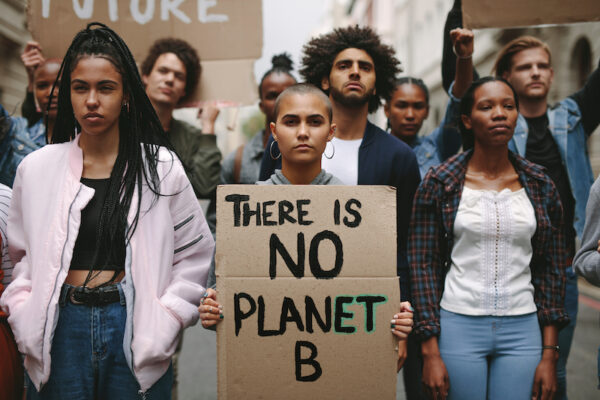Clean Heat
If New Englanders hope to address the climate crisis, more of us must upgrade our old oil boilers and gas furnaces to electric heat. Our buildings are responsible for nearly a third of all the carbon pollution overheating our planet.

If New Englanders hope to address the climate crisis, more of us must upgrade our old oil boilers and gas furnaces to electric heat. Our buildings are responsible for nearly a third of all the carbon pollution overheating our planet.

In June, the state of Hawai’i agreed to cut carbon emissions in a historic climate case settlement. This is a big win with implications for communities in New England and beyond.

New England’s last two coal-fired power plants will close by 2028 and the region will finally be free of this polluting, toxic, climate-changing fuel.
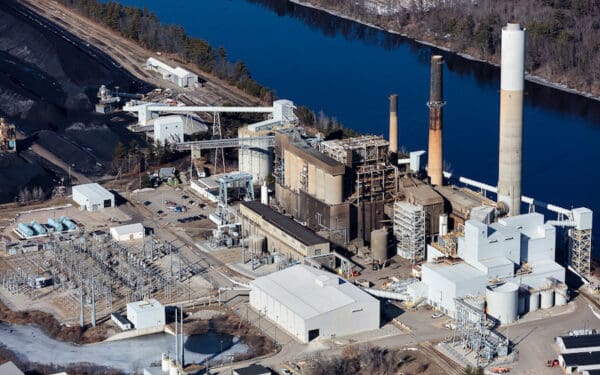
The carbon footprint concept was a clever marketing tool used by fossil fuel companies to spread the blame on carbon pollution.

CLF is suing Big Oil to protect communities from dangerous facilities.
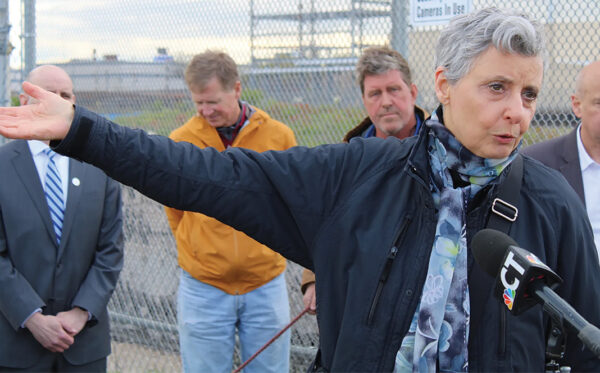
CLF is creating climate policies that will dramatically cut carbon emissions, particularly in polluting sectors like transportation.

Fossil fuel companies are pushing alternative fuels as solutions to the climate crisis – but those fuels aren’t solutions at all.
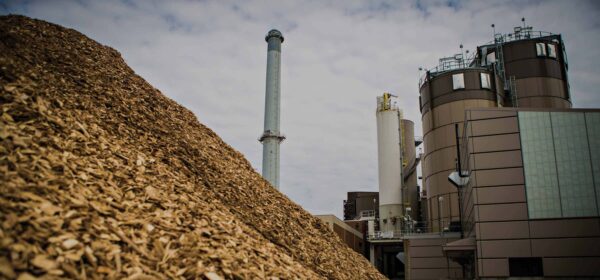
“It’s critical that we separate fact from fiction when it comes to biofuels,” said Caitlin Peale Sloan, Vice President of CLF Massachusetts. “The fossil fuel industry is pushing solutions like renewable natural gas as a silver bullet to confront the climate crisis with little evidence. The truth is these fuels will still pollute our climate and our air, and they must be used only in limited cases.”
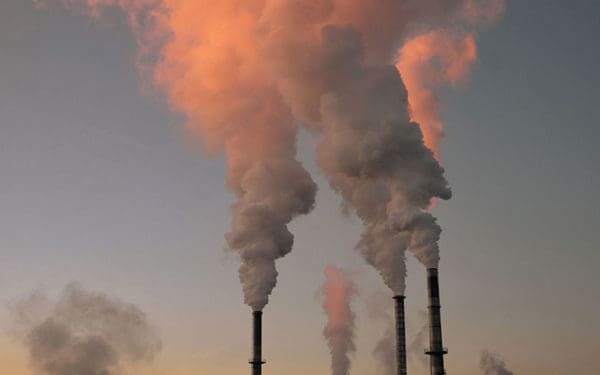
“Harmful emissions from fossil fuel-powered cars and trucks are driving the climate crisis and polluting the air we breathe,” said CLF senior attorney Emily Green. “The clean car standards will save lives and clean up our air. But our leaders need to go beyond the rule they’re considering and go all electric by 2035. And rejecting the clean trucks standards would be absolutely the wrong move. Our future health, air, and climate depend on us taking bold action today.”
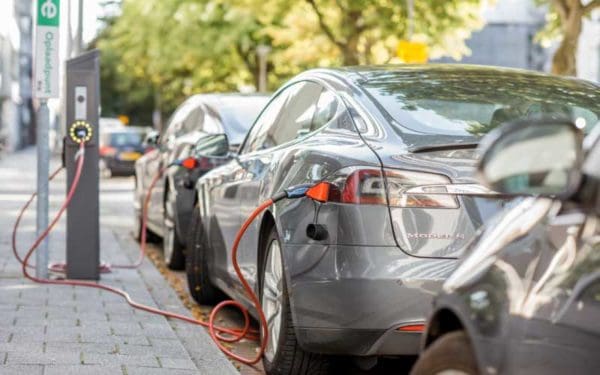
Our transition to a clean energy future must benefit those shouldering the worst burdens of pollution, economic loss, and public health harm
